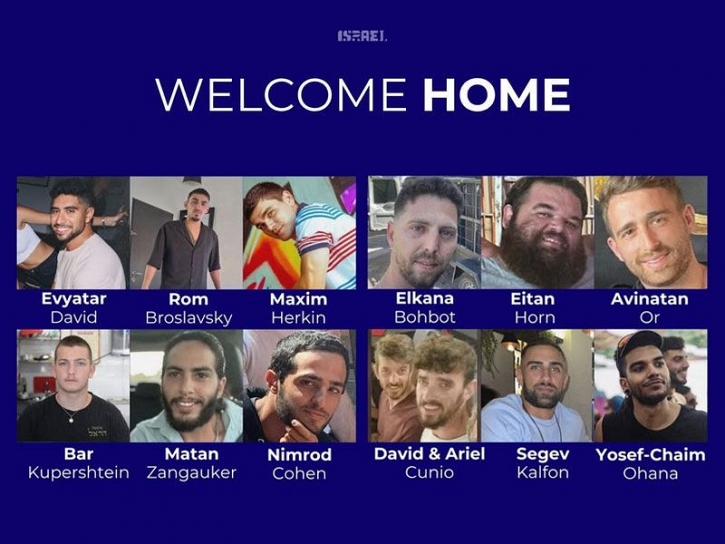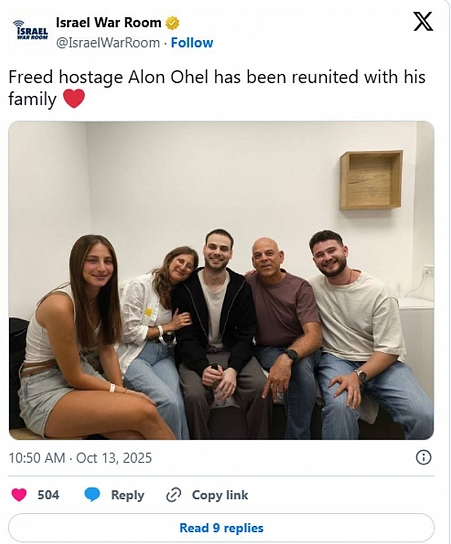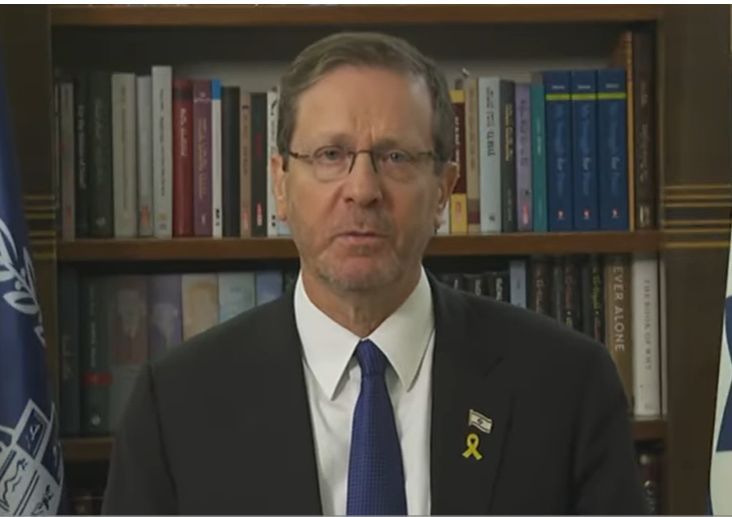The competition was established in 1954 on the initiative of the president of the Federation of Jewish Community of Yugoslavia, Dr. Albert Weiss, and the first awards were given in 1955. It was not issued twice only in 1992 and 1994, during the civil war in the territory of the former Yugoslavia. The competition applies to Jewish-themed works in the fields of science, history, literature, art, memoir, and the Holocaust. Only the first year, he was also invited to fine arts and music. The competition for Jewish-themed works has over time become a traditional cultural event with a reputation outside the Jewish public, with participation by both Jews and non-Jewish authors. To date, hundreds of authors have participated with over 1,800 works, and among those awarded are authors from Australia, Austria, England, Israel, Canada, USA, Croatia, Bosnia, and Herzegovina and Montenegro. The competition also featured and was awarded to authors who later became established writers or scholars, such as; Danilo Kis, David Albahari, Filip David, Gordana Kuic, Zvonimir Palanski, Ljubica Arsic, Vojislav Maksimovic, Krinka Vidakovic (later Ambassador of Serbia and Montenegro to Israel), Radivoje Davidovic, Hans Bramer, Dragoljub Colic, Miroslava Despot, Zora Dirnbah, Dimitrije Masanovic, Avram Pinto, Vidosava Nedomacki, Ljubivoje Rshumovic, Laslo Sekelj, Mirjana Belic-Korochkin-Davidovic, and others.
The winner of the most awards so far is Zeni Lebl, author of 24 award-winning works dedicated to the study of the history of the Jews of Serbia and beyond.
The jury members were, and are, well-known names of Yugoslav and Serbian science and culture: Aaron Alkalaj, Isak Amar, Andrija Gams, Zoran Gavrilovic, Ivan Ivanji, Ljubisa Jocic, Simha Kabiljo-Sutic, Lavoslav Kadelburg, Jacques Konfino, Alexander Levi, Julija Najman, Academician Predrag Palavestra, Miodrag Pesic, Andreja Preger, Radovan Samardzic, Dušan Sindik, Ana Somlo, Filip David, Milan Ristovic and others.
The rewards were monetary, and the system of their delivery varied. Some competitions were awarded, usually, three regardless of the field from which they were works, while more often applied were awards of works classified by fields: scientific, literary, memoir ... so awards, two or three, were awarded for each area. In addition to the awarded works, some prizes were awarded prizes in the category "redeemed" and their creators received smaller amounts of money.
All works, whether awarded or not, are kept in the archives of the Federation of Jewish Community of Serbia
Many awarded and redeemed works have been published, with the consent of the author, in whole or in passages in some of the issues of the Federation, most notably the Jewish Almanac (published from 1954 to 1970) and in the Jubilee Jewish Almanac 1971-1996 (dedicated to the 80th Anniversary) the existence of the Union of Jewish Municipalities of Yugoslavia (1919 - 1999), that is, in a new publication in the edition of the Union - THE BOOK OF THE JEWISH HISTORICAL MUSEUM, the first issue of which was published in 1971.





















 Location
Location
